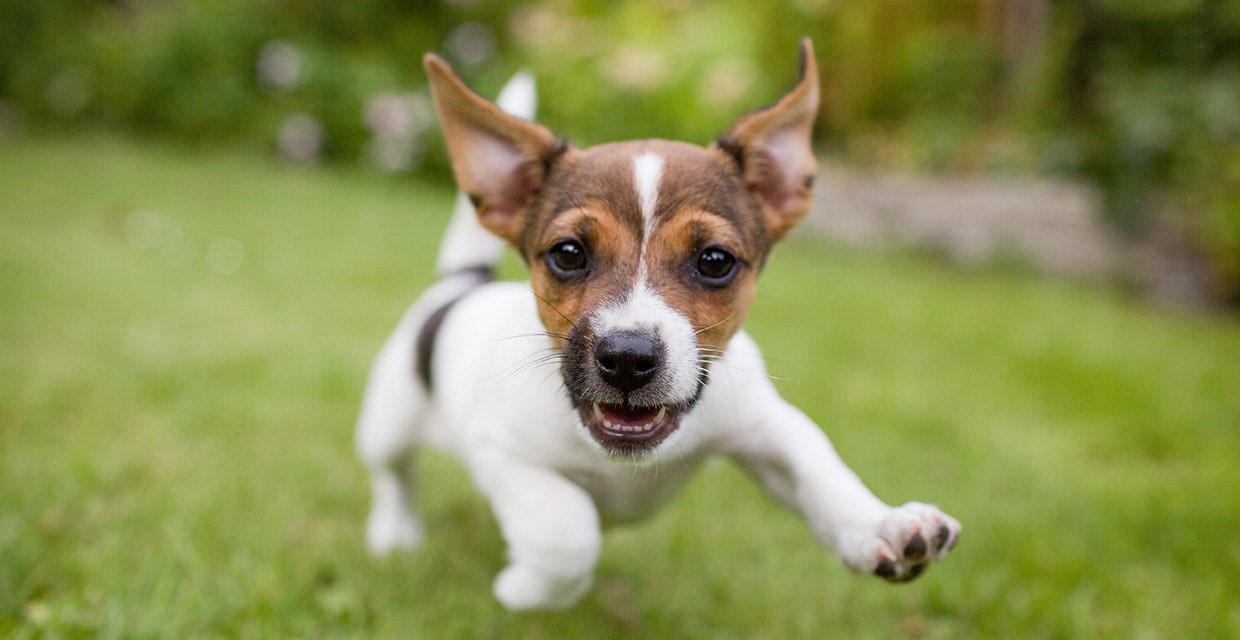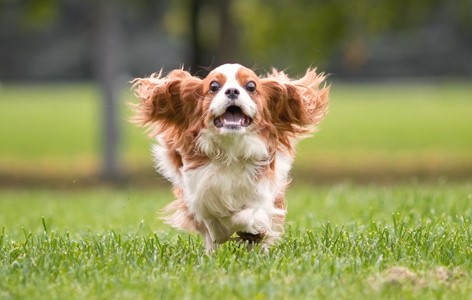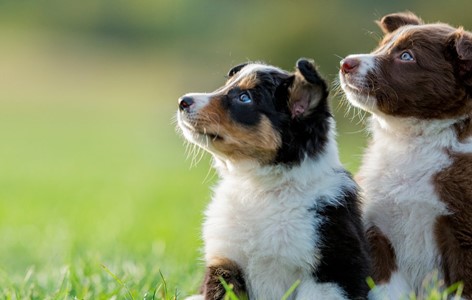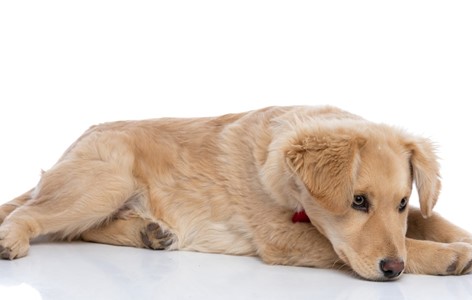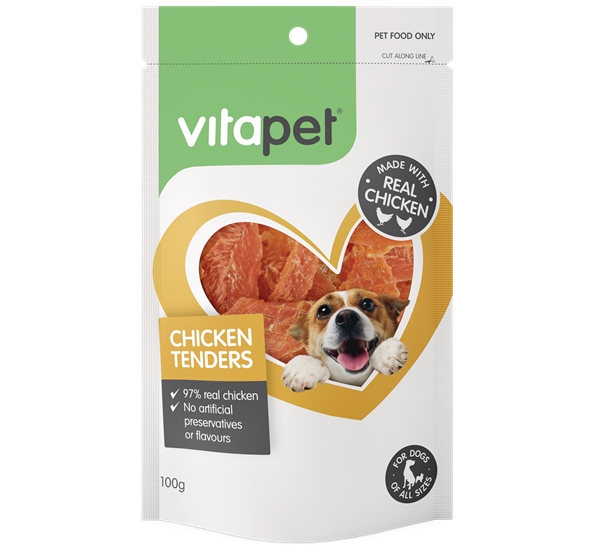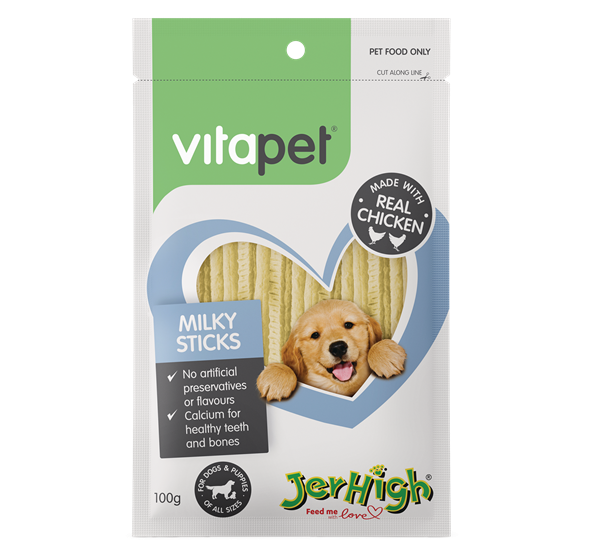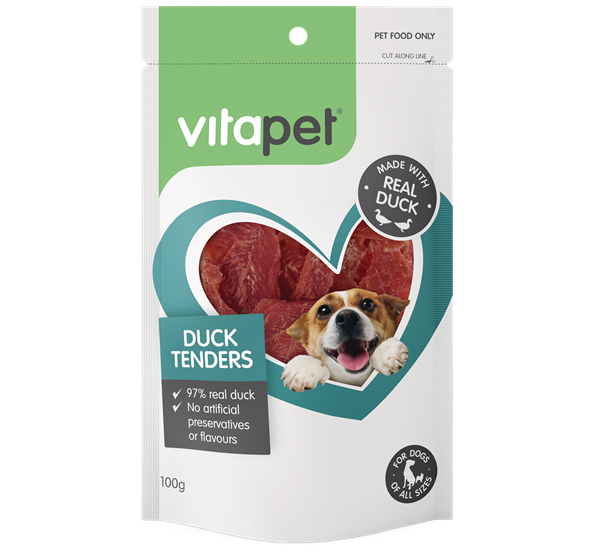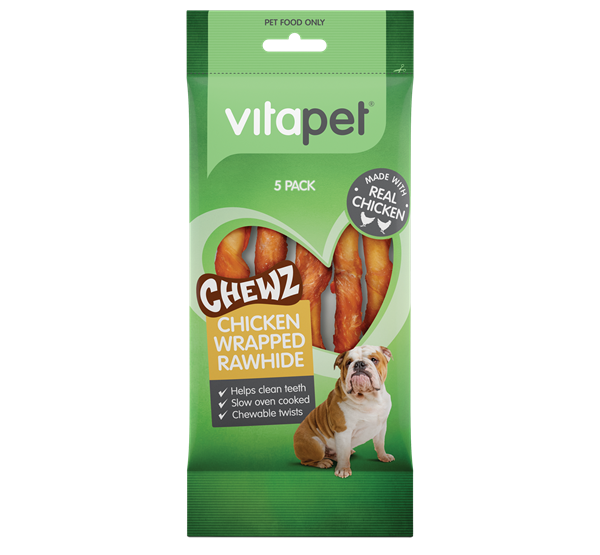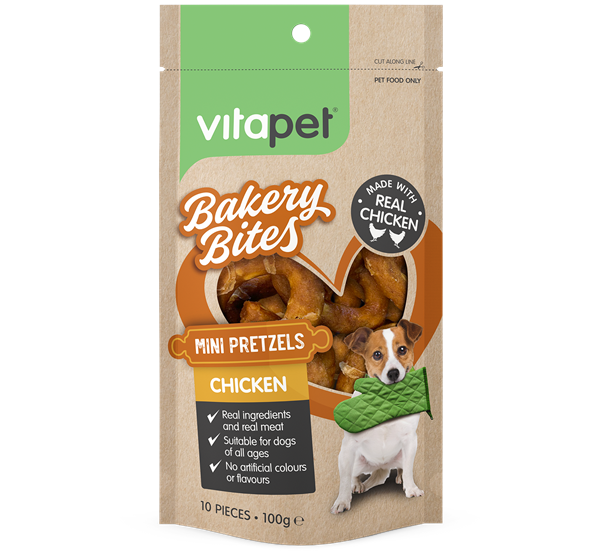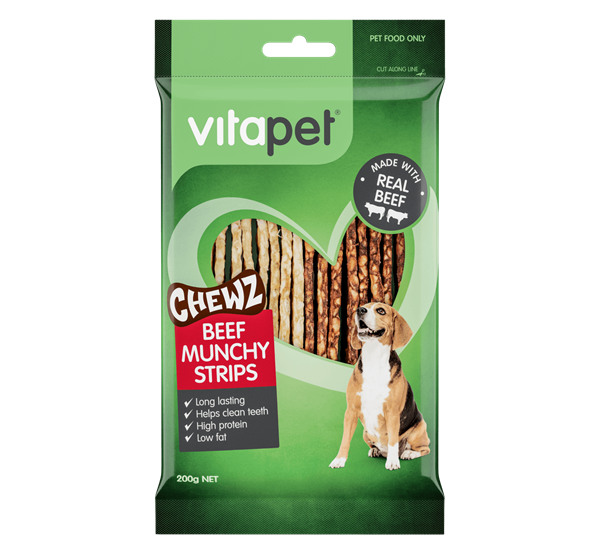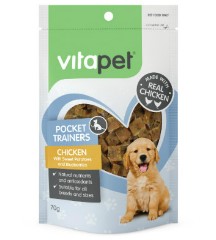Accidents are normal when toilet training a puppy. However, some puppies wee when they get excited. In this article we’ll discuss why this happens and how you can avoid excited wee accidents.
Why do some puppies wee when excited?
Young puppies are still growing and developing at a fast rate. When puppies are small, so is their bladder. This means their bladder can’t hold much and they need to urinate frequently. They also have poor bladder control when they’re young and cannot hold on.
When a puppy gets excited, they lose what little bladder control they have and their bladder empties.
Often the puppy may empty their bladder when playing, running or saying hello to a favourite human. This tends to happen more often when their bladder is fuller.
How can I stop my puppy from weeing when they’re excited?
As your puppy continues to grow, their bladder grows too. This means they can hold more urine for longer periods of time. Their ability to hold on also improves as they grow and get older. It’s like what happens in human babies. Very young babies wear nappies and have no control over their bladder. As they get older, they gain more control and parents typically begin toilet training when toddlers have more control and can hold on until they reach a toilet.
You can reduce the likelihood of your puppy accidently weeing when excited by following these steps:
1. Begin toilet training straight away
You need to teach your puppy where to toilet. Do this by taking your puppy outside frequently during the day (every hour or so). When your puppy goes to the toilet, mark the moment they finished with a “yes” or “good boy/girl” and follow with praise and a high value treat. Repeat this every time they toilet.
This helps the puppy learn that toileting outside is way more rewarding than inside the house. You can also teach them to toilet on cue by saying a “do wees” or “go toilet” (or whatever you choose) as the puppy is toileting, then marking and rewarding the desired behaviour.
Soon your puppy will toilet on cue.
2. Provide numerous opportunities to toilet during the day
Young puppies need to toilet frequently during the day so it’s important to provide them with the opportunity to toilet in the right place at regular intervals during the day/night. If this is not possible, have some puppy pads available until your puppy is able to hold on for longer periods of time without having an accident.
3. Avoid overly exciting greetings and play inside
Puppies can become overly excited very easily, especially when we get home from an absence. Instead of going straight to your puppy and making a big fuss, try ignoring them for a few minutes until they calm down. Better yet, take them outside straight away so they can relieve themselves. Then you can say hello and fuss over them without worrying they may wee from excitement. When playing with your puppy try to toilet them first. If their bladder is empty, they’re less likely to wee from excitement.
Playing with them outside will avoid accidents inside the house.
With time, consistency and good toilet training most puppies do grow out of this behaviour. However, if you notice your puppy’s excited weeing is not improving or is becoming worse, it’s important to discuss this with your vet as there may be a medical or physical reason for the behaviour.












